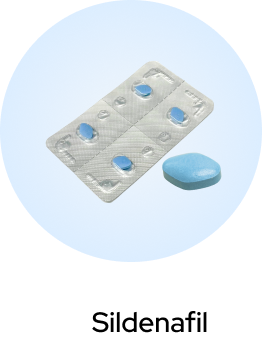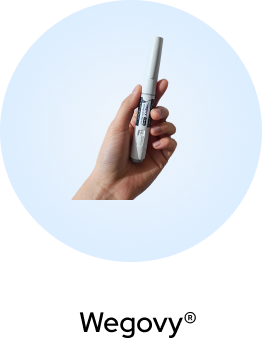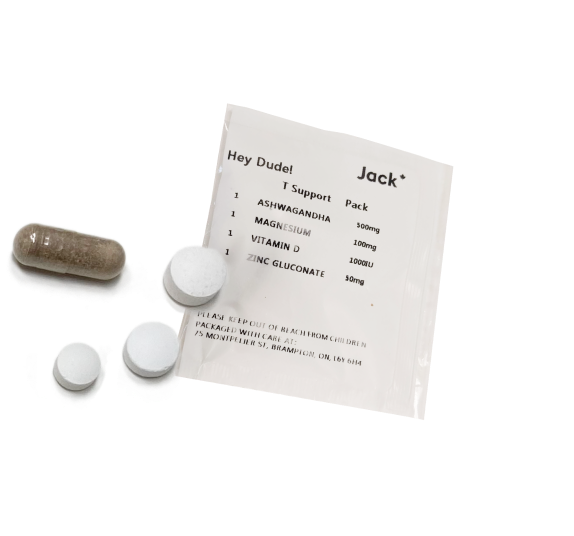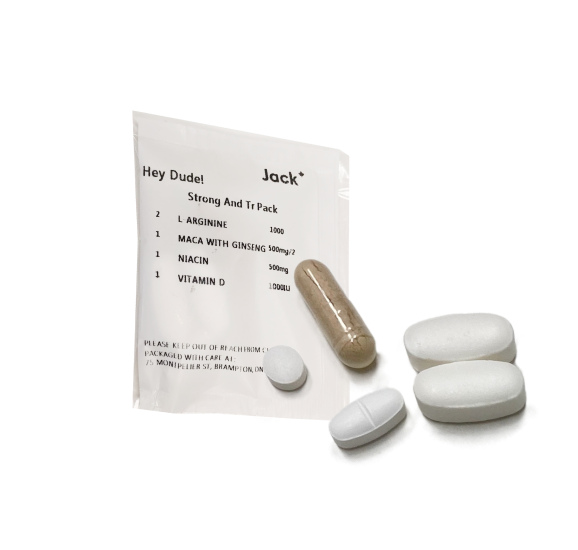Exercise is one of the best things you can do for your overall health: it improves your heart health, reduces injury risk, reduces weight and makes you look great.
But can it increase your T levels?
Exercise can be classified as endurance or aerobic training or resistance training.
-Aerobic training is any type of heart conditioning where breathing and heart rate are increased for an extended period of time.
-Resistance training or strength/weight training involves using your muscles against some form of resistance (free weights or dumbbells).
-Both types of exercise have been studied on their effects on serum testosterone in males.
Endurance training: Intensity (among other factors) can play a role in the immediate changes in serum testosterone concentrations with endurance exercise. In endurance training, testosterone rises during long or or very intense sessions. Higher testosterone levels can persist for up to 90 minutes after training is completed. However, in studies on professional cyclists, extremely long and intense exercise (i.e. a race) T levels actually decreased. It is not certain if endurance training can improve testosterone levels for the long term. What we do know is that any weight loss as a result of endurance training can support an increase in T levels.
Resistance training: Intensity also has an effect on resistance training – but what muscle groups you are training also has an effect. Training involving small muscle groups, such as the arms did not elevate T-levels above baseline (sorry bros, arm day is not doing anything for your T levels). However, resistance exercise involving larger muscle groups (think the back and legs or full body workouts) have an effect on testosterone levels. Resistance exercise may raise T levels when intensity is high and larger muscle volumes are used. Those who regularly do resistance training can have a larger increase in T levels as well. Again, it is not clear if long term training will increase your base T levels.
So is it worth it to exercise?
Your T levels may not improve directly from exercise, but exercise can help you gain muscle and lose weight, both of which can have a positive effect on T levels as well as improve your fatigue, bone mineral density and overall mood (all symptoms of low T). Not to mention the positive effects on the heart can help you live a longer and healthier life.
What kind of exercise should I do?
The Heart and Stroke Association recommends 150 minutes of moderate to vigorous physical activity per week. This means your heart is beating faster than normal: a brisk walk, a round of tennis or a game of pick up basketball. They also recommend two sessions of resistance training per week. Two x 30 minute sessions that hit all the major muscle groups should be sufficient to keep you feeling your best.


















 (US)
(US)



